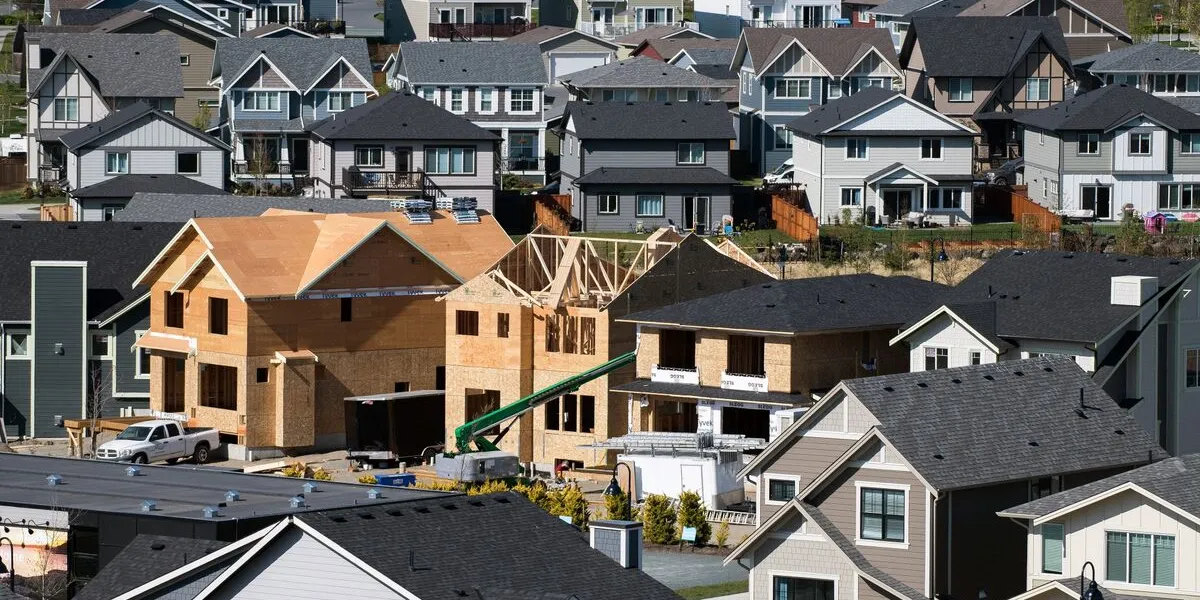How Are Toronto Condo Residents Faring With Airbnb? Airbnb, the popular online marketplace for short-term lodging, has transformed the way people travel and find accommodation. In Toronto, the trend of renting out condos on Airbnb has gained significant traction over the years. What started as a convenient way for homeowners to earn extra income has evolved into a thriving industry within the city’s real estate market.
The Rise of Airbnb in Toronto’s Housing Market

Toronto, known for its vibrant culture and diverse neighborhoods, has become a hotspot for tourists seeking unique accommodation experiences. With its booming tourism industry and limited hotel availability, many visitors turn to Airbnb to find a place to stay. This increased demand has led to a surge in the number of condos being listed on the platform, catering to a wide range of travelers.
Impact of Airbnb on Toronto Condo Communities
While Airbnb offers benefits for both hosts and guests, its growing presence in Toronto’s condo communities has raised concerns among residents and policymakers alike. The influx of short-term renters can disrupt the sense of community in condominium buildings, leading to issues such as noise disturbances, safety concerns, and wear and tear on common areas.
Benefits of Airbnb for Toronto Condo Owners

Despite the challenges, Airbnb can be a lucrative opportunity for condo owners looking to maximize their investment. Renting out a spare room or entire unit on Airbnb allows owners to generate additional income and offset the costs of homeownership, including mortgage payments, maintenance fees, and property taxes. Moreover, Airbnb provides flexibility for owners who may not want to commit to long-term leases or traditional rental agreements.
Challenges Faced by Toronto Condo Residents Due to Airbnb

On the flip side, Airbnb rentals can pose challenges for condo residents, particularly those living in close proximity to short-term rental units. Common issues include noise disturbances from guests, increased foot traffic in common areas, and concerns about safety and security. Additionally, some residents worry about the impact of Airbnb on the availability and affordability of housing in Toronto’s competitive rental market.
Regulatory Measures in Toronto Regarding Airbnb
In response to these concerns, the City of Toronto has implemented regulatory measures to govern the operation of short-term rentals, including those listed on Airbnb. In 2018, the city introduced new rules requiring hosts to register with the municipality and adhere to certain guidelines, such as limits on the number of nights a property can be rented out each year.
Striking a Balance: Policies to Address Airbnb Concerns

Finding the right balance between the benefits and challenges of Airbnb requires thoughtful policymaking and collaboration between stakeholders. Some proposed solutions include imposing stricter regulations on Airbnb rentals, increasing enforcement of existing rules, and fostering better communication between hosts, guests, and condo management.
Case Studies: Toronto Condo Residents’ Experiences with Airbnb
To gain insight into the real-world impact of Airbnb on Toronto condo communities, let’s explore some case studies highlighting residents’ experiences with short-term rentals. From positive stories of hosts forging connections with guests to negative incidents of disruptive behavior, these anecdotes shed light on the complexities of living in a building with Airbnb rentals.
Legal Implications for Toronto Condo Owners Hosting on Airbnb

Condo owners considering hosting on Airbnb should be aware of the legal implications and potential risks involved. Depending on the building’s bylaws and condominium corporation rules, hosting short-term rentals may be prohibited or subject to certain restrictions. Violating these rules could result in fines, legal action, or even eviction.
Community Perspectives: Voices from Toronto Condo Associations
Condo associations play a crucial role in shaping the policies and practices governing Airbnb rentals within their buildings. Let’s hear from members of Toronto condo associations about their views on Airbnb, including the challenges they face, the strategies they employ to address them, and their vision for the future of short-term rentals in their communities.
Future Outlook: Trends in Toronto’s Airbnb Market
As Toronto’s real estate landscape continues to evolve, so too will the market for Airbnb rentals. Emerging trends such as the rise of boutique hotels and the growth of alternative lodging platforms could reshape the competitive landscape for short-term accommodation. Understanding these trends is essential for condo owners and residents alike to navigate the changing dynamics of Toronto’s Airbnb market.
Tips for Toronto Condo Residents Considering Airbnb Hosting
For condo residents interested in exploring Airbnb hosting, it’s essential to approach the venture thoughtfully and responsibly. Here are some tips to help ensure a positive experience for both hosts and guests, including understanding the legal requirements, setting clear expectations with guests, and maintaining open communication with condo management.
Navigating the Airbnb Landscape in Toronto Condos
In conclusion, Airbnb has become an integral part of Toronto’s housing market, offering both opportunities and challenges for condo owners and residents. By implementing thoughtful policies, fostering open dialogue, and embracing responsible hosting practices, Toronto can strike a balance that allows Airbnb to thrive while preserving the quality of life in its condo communities. As the city continues to evolve, it’s essential to adapt and innovate to create a sustainable and inclusive housing environment for all.
Click here for more visited Posts!




